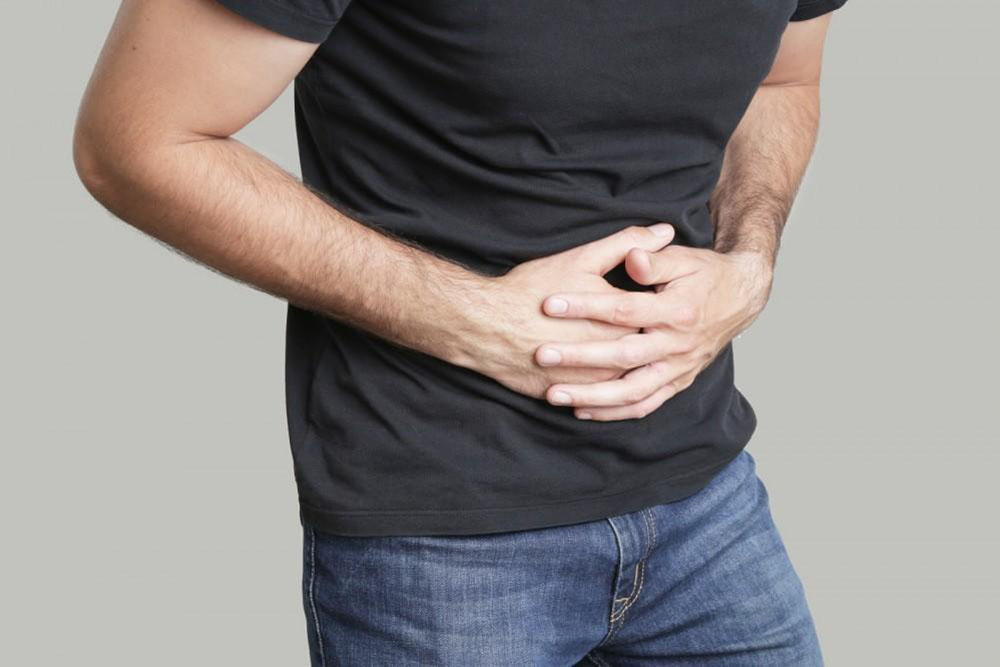
Almost everyone feels pain in their belly at some time. It is usually mild perhaps of gas or of something that you ate. However, every now and then, that soreness or pain is your biological system telling you there is something more happening.
In Gastrodoxs, Houston, we assist patients to know what is normal and what requires medical attention. It has been simplified into an easy-to-understand manner with professional advice by one of the top doctors of GI in the city of Houston, Dr. Bharat Pothuri.
The pain in the abdomen may be sharp, dull pain, burning or cramping. It can be a couple of minutes or hours or it can appear and disappear. It may be either sharp around the ribs or dull around the hips.
The majority of abdominal aches are painless and disappear in a short period of time, according to a href="/team/dr-bharat-pothuri" title="Dr. Bharat Pothuri">Dr. Pothuri. However, when it persists or increases, then it needs to be noticed.
The following are some of the non-serious causes that are common:
When the pain disappears with rest, or easy cures, then there is nothing to fret about. But on the other hand, when in doubt, continue reading.
There are certain symptoms that can never be ignored and Dr. Pothuri advises that you call a doctor when you experience:
Whether any of these symptoms go along with the pain in your belly, then do not wait. Houston GI specialist immediately, says Dr. Pothuri.
| Type of pain | Location | Potential cause |
| Acute and acute | Lower right side | There may be appendicitis |
| Cramping | Lower abdomen | Menstrual pain or IBS |
| Burning | Abdomen, upper belly | Reflux or ulcer of the acid |
| Painful swelling | Abdominal region | Nausea or stomach virus |
| Wavelike (colicky) | Abdominal side (flanks) | Kidney stones or gallbladder problems |
The following are the situations that necessitate GastroDoxs contact or urgent care:
The sooner we check up the sooner we will be okay and prevent serious complications.
To have a solution, we have to take it step by step:
Depending on the cause, your plan can consist of:
Dr. Pothuri argues that big results emerge out of little changes. We create an idea that suits your life.
Abdominal pain is not new but it is essential to understand when to take a second glance. Gastrodoxs is always at your service in case you live in Houston and have any red flag symptoms.
Make a reservation now and receive high-quality care, near home.
Call in case it is sharp, with a fever or bleeding, or goes longer than 2 days.
Yes. IBS, heartburn, or indigestion may be caused by stress.
Over 48 hours or recurrent (a frequent occurrence) visit a doctor.
Not always. The strain of the gas or muscles can be sharp but not hazardous.
Yes. It may be cramping or constipating.
Some people come to think of fatty, spicy, or greasy foods, caffeine, and dairy.
Yes in case it is chronic, has red flags, or it is familial.
Take fluids, have rest, and apply such mild remedies as antacids or simethicone.
It could be. The common symptoms of IBS include bloating, cramps and changes of the bathroom.
Go to the ER in case of chest pains or pressure, pain in the jaw or arms, and shortness of breath.